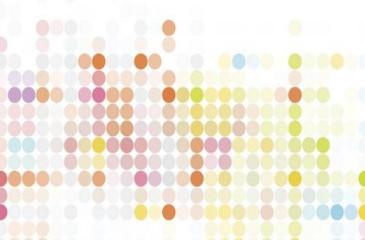Last week on the news, one of the people protesting George Floyd’s death approached a reporter who was broadcasting live. The reporter asked what he would like to say. The protestor pointed out that the people marching behind him were doing so peacefully. They were not there to riot or loot or burn. What the group wanted, he said, was to be heard.
That is our first responsibility: to hear. Here are some of the words I heard in response to our messages last week:
“It is time for a course change, for us to examine deeply the ways in which our institution has perpetuated injustices and continues to do so. We need to start listening to voices traditionally marginalized and ignored.”
“Highlight the public health crises that police killings and racism in general represent.”
“As part of the majority, it's easy to say that MN ‘respects individual differences’ when you haven't lived as a black person in this state. This statement just perpetuates the false reality of a Minnesota nice when we have some of the worst racial disparities in the nation.”
“We must take a clear and unambiguous position against racism.”
“What are we doing as a medical school community to address this issue as well as many racist systems that exist in healthcare?”
“We badly need a path to justice. As physicians we know about trauma―first, stop the injury and violence, then promote the redress of grievances, and finally seek the justice that makes the body and spirit whole again.”
Our second responsibility is to take action. This is why President Gabel’s decision to discontinue contracting with the Minneapolis Police Department for some services had an impact.
I will not tolerate racism. When I came to the United States, it was with an idealized view of what I would find here: equality, opportunity, freedom. In the 30 years since, I have learned that these ideals are not available to everyone in equal measure. The disparity is often based on race. What we have learned over the past week, and over and over before that, is that we must change it. We cannot let another moment pass before we take action.
Racism is a healthcare issue. We will begin at the institutional level by convening an interprofessional group nominated by clinical deans to prepare a roadmap to action in health disparities. This work will build on the community partnerships we have fostered at our Smiley’s and Broadway clinics and CUHCC. These teams have already begun the healing process and will continue efforts for real change to make a lasting impact on health disparities. Obviously, creating a roadmap is not enough, we have to make the changes. This is just the beginning.
I am also asking you to speak from your own experience. What are the most significant race-based issues you see in healthcare? Where have we institutionalized racism? Microaggression? Stereotyping? What ideas do you have for getting rid of these problems?
We will not get this done in a day, a week, a month, or a year. This must become part of a permanent shift or change in how we address inequities based on race, just as we examine gender equity and environmental impact. We cannot wait for someone else to fix what is broken. It is our responsibility to affect change in new ways, and we must start today.
Jakub Tolar, MD, PhD
Vice President for Clinical Affairs



